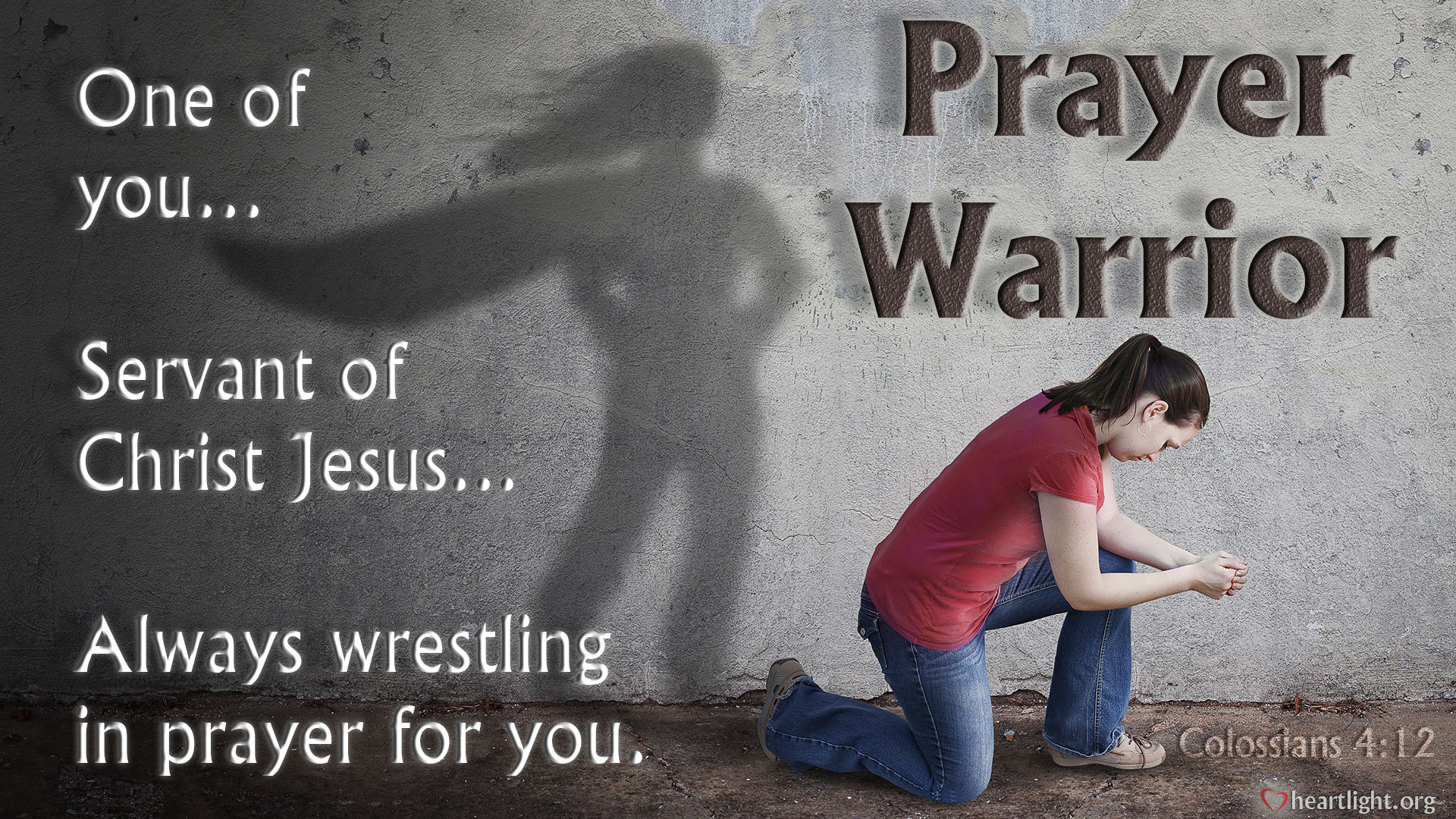First of all, let me say:

I did not expect to write a post on Thanksgiving Day. I did not want to write a post on Thanksgiving Day (as those of you who know me know, doing anything on Thanksgiving Day is a serious violation in my book; I believe you should do nothing on Thanksgiving Day but eat, watch football, and be thankful).
But despite my unwritten rules about this most precious of days, I still did my daily interactions with God. Thanksgiving Day doesn’t eliminate the need to do that; it increases it, in fact. So I did it. I read the Moravian Daily Text and I listened to Robert Clancy‘s prophetic utterance.
It was during the utterance that something “caught my attention” (which, as you know, is how I believe God most commonly interacts with me; His Spirit makes something in the Scriptures or other Scripture-based media catch my attention). In this utterance, Clancy quoted Hebrews 11:6.

I am very familiar with this verse. I’ve had it memorized for around 20 years and I quote it at least once a month when I do my memory work. But God has a way of bringing a “fresh word” out of His “sure word”; He has a way of making me see things I’ve missed, of applying His truths in ways I need them applied. That happened today.
What I saw in this verse today is that it is faith and the faith-based seeking of God that God rewards or accepts (cares enough to respond to is The Message translation; I think the idea of accept is certainly a part of that). This was very important for me; it was certainly encouraging and it was potentially revolutionary. You see, even though I could quote these words and intellectually believed this truth, I emotionally believed something else. I emotionally believed that the ones God rewards and accepts are those who do right or don’t do wrong, or maybe even those who just are right and are not wrong. I’m not sure where I developed this emotional belief. It could have been from my home church, which was more performance-oriented and less grace-oriented than it should have been. It could have been my Bible college for the same reason. But it could also have been my middle school circle of friends who were even worse on these accounts. In any case, I have it. In fact, what I realized this morning is that the “cancel culture” that is so prevalent in our society is nothing new to me. I have been living in a cancel culture all my life (or a “disqualified” culture, which is the term my home church would have used). I have been living under the understanding that I can be canceled at any time for any sin of commission or omission. I have been living under the understanding that I can (and will) be cancelled like this by society, friends, church, and God.

What the Lord revealed to me today, though, is that this is not true. This is at least not true when it comes to Him. While society, friends, and church may cancel me for my sins, He will not. He is not a canceler. He is not a disqualifier. He is not evaluating me based on my behavior or even myself (though He does encourage me to be holy, a truth I saw in last night’s Moravian Text) but on my pursuit of Him, my desire to be with Him, my valuing of Him and His things (Son, Bible, Church), my faith in Him which continues even though shaken by the legitimate sins I commit/wrongs I do or am and my illegitimate understanding of how I am evaluated by Him based on those things. He will reward me and accept me because of my faith despite my failures (sins) and flaws (character). I can be rewarded with Him (which is the only reward I really want) despite my failures and flaws. I have not been canceled or disqualified. I am still in the running. And I will get what I am running after.
This was a great encouragement (and like all grace-based, God-based encouragements, it doesn’t entice me to sin more but makes me want to sin less). This was a great liberation. This was “daily bread” (some interactions with God change me forever, like a Thankgsiving meal, while others just sustain me for a short time, like a Happy Meal, but even those latter ones are valuable). And this is something I am thankful for. My seeing of this encouraging, liberating truth and the encouraging, liberating truth itself is something to really be thankful for.
That’s what I saw on Thanksgiving Day 2019.


















